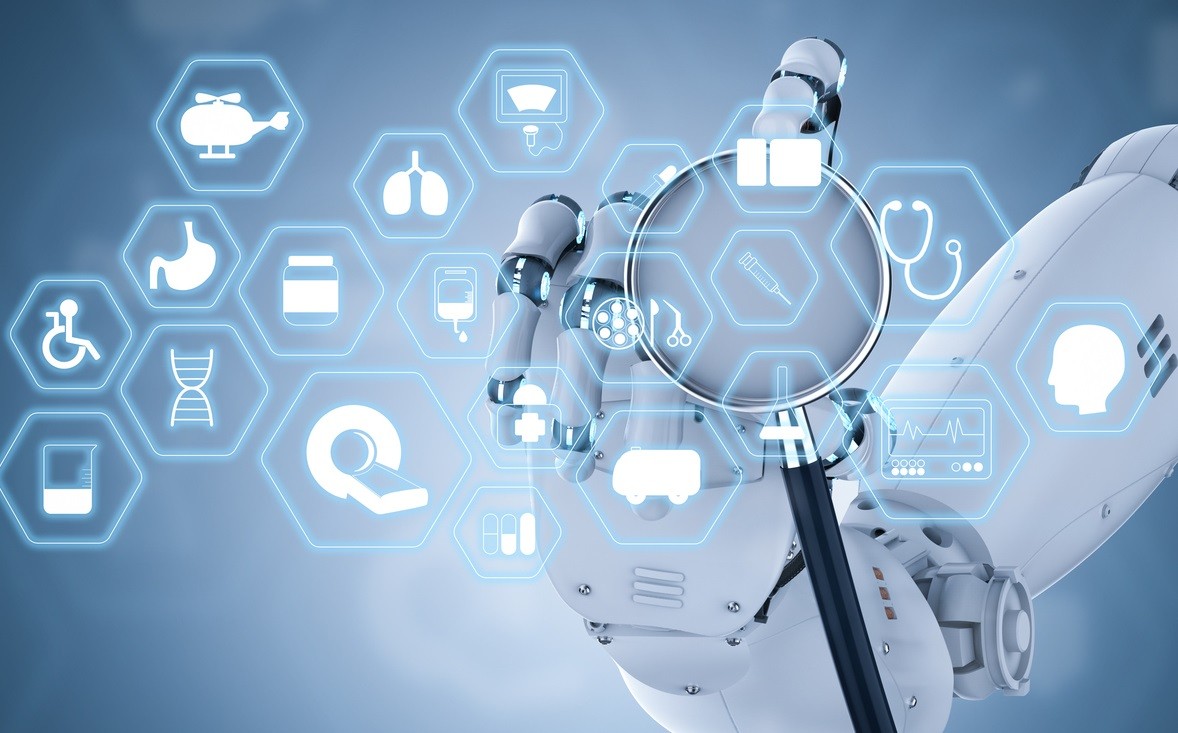Artificial intelligence (AI): AI is being used to develop new diagnostic tools, treatments, and even entire healthcare systems. For example, AI-powered systems can now analyze medical images with greater accuracy than human radiologists, and they are being used to develop new drugs and treatments that are more effective and less toxic. AI is also being used to personalize healthcare, by tailoring treatments to the individual patient’s needs.
Virtual reality (VR) and augmented reality (AR): VR and AR are being used to provide immersive experiences that can be used for training, education, and therapy. For example, VR is being used to train surgeons on complex procedures, and AR is being used to help patients with rehabilitation.
Wearable devices: Wearable devices, such as smartwatches and fitness trackers, are collecting data about our health that can be used to track our progress, identify potential problems, and provide early intervention. For example, smartwatches can be used to monitor heart rate and sleep patterns, and they can even be used to detect falls.
3D printing: 3D printing is being used to create custom medical devices, such as prosthetics, implants, and surgical guides. This is making it possible to provide patients with more personalized care and improve the outcomes of treatment.
Gene editing: Gene editing technologies, such as CRISPR, are being used to develop new treatments for diseases that were previously incurable. For example, CRISPR is being used to treat cancer by targeting and destroying cancer cells.
These are just a few of the ways new technology is changing medicine. As technology continues to evolve, we can expect to see even more innovative ways to diagnose, treat, and prevent diseases. This will lead to better health outcomes for patients and lower costs for healthcare systems.
Here are some of the challenges that need to be addressed in order to fully realize the potential of new technology in healthcare:
- Data privacy and security: As more and more data is collected about our health, it is important to ensure that this data is kept private and secure.
- Cost: New technologies can be expensive, and it is important to ensure that they are affordable for patients and healthcare systems.
- Acceptance: New technologies can be met with resistance from patients and healthcare providers. It is important to educate patients and providers about the benefits of new technologies and to work to overcome any resistance.
Despite these challenges, the potential benefits of new technology in healthcare are enormous. By addressing the challenges and overcoming the resistance, we can create a future where everyone has access to high-quality, affordable healthcare.







